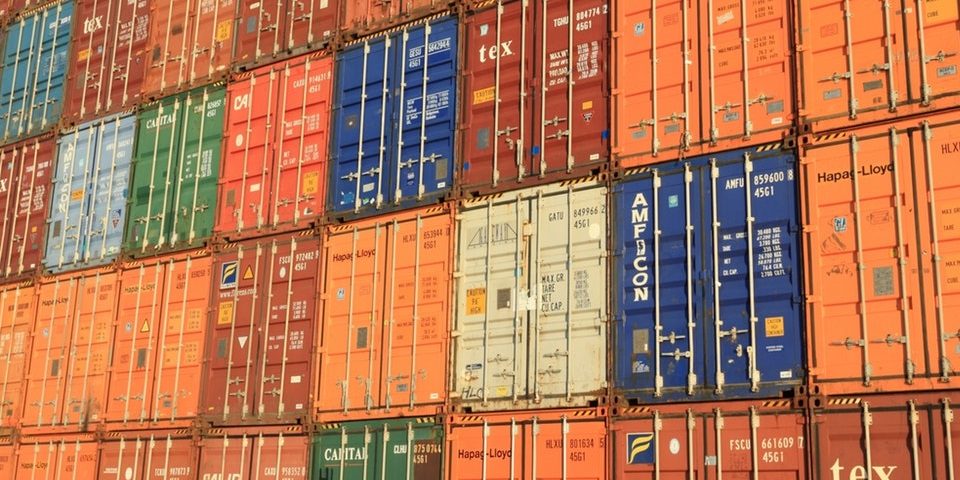
USA-Mexico-China: The Ripple Effects of the Trade War
10 August, 2018
Welcome to IPADE, MBA Class of 2020!
6 September, 2018In the past few years, significant time and ink has been spent talking about the Fourth Industrial Revolution—the transformation that will fundamentally change the way we live, work, and relate to one another. But what does this revolution look like? What are the technologies that truly have the potential to change the world as we know it?
Since 2001, the MIT Technology Review has published an annual list of the 10 Breakthrough Technologies in an effort to not only explain these cutting-edge technologies, but to also provide decision-makers with the information they need to ensure that technology benefits a broader swath of society. According to the editors of this publication, this list reflects the “technology, or perhaps even a collection of technologies, that will have a profound effect on our lives.”
These technologies were presented by Gideon Lichfield, Editor in Chief of MIT Technology Review during the first annual EmTech Digital Latin America event. Following the success of the event in San Francisco and other international environments, this was the first time that EmTech was hosted in Latin America. IPADE hosted this event in partnership with the MIT Technology Review, Opinno – the Spanish-language publisher of the magazine – Amazon Web Services, Visa, and Genesys.

Gideon Lichfield, Editor in Chief of MIT Technology Review during his presentation at the 1st EmTech Digital LATAM in Mexico City.
According to the MIT Technology Review, the 2018 10 Breakthrough Technologies are:
- 3-D Metal Printing
- Artificial Embryos
- Sensing City
- AI for Everybody
- Dueling Neural Networks
- Babel-Fish Earbuds
- Zero-Carbon Natural Gas
- Perfect Online Privacy
- Genetic Fortune-Telling
- Materials’ Quantum Leap
Although each of these technologies have the potential to change the business world, three of the 10 technologies stand out for the immediate implications they could have on the Mexican and international business communities: 3-D Metal Printing, AI for Everybody, and Perfect Online Privacy.
3-D Metal Printing: Although 3-D printing has been available for decades, it has primarily been limited to hobbyists and independent makers, and most 3-D printers have been restricted to printing with plastic. Now, companies such as Markforged, Desktop Metal, and GE are working on commercially accessible 3-D printers that are capable of printing metal parts quickly, easily, and at a significantly lower cost than traditional production methods. According to the World Bank, manufacturing accounts for approximately 20% of Mexican manufacturing value added. As 3-D metal printers become more accessible and more precise, they have the potential to fundamentally transform manufacturing in Mexico and beyond.
AI for Everybody: Until recently, Artificial Intelligence (AI) and machine learning was considered something that only the major technology companies could access and utilize due to the cost and complexity of the systems. Now, thanks to the increasing use of cloud computing, AI and machine learning are rapidly becoming tools that will soon be within reach of smaller tech companies and beyond. As cloud AI products become more comprehensive and easier for the layperson to use, they have the potential to facilitate and improve processes in global industries as wide ranging as finance, health care, energy, and beyond.
Perfect Online Privacy: With the emergence of cryptocurrencies, interest has also increased in an emerging cryptographic protocol known as a zero-knowledge proof, which allows one party (the prover) to prove to another party (the verifier) that it knows a value x without conveying any information apart from the fact that it knows the value x—for example, a user could prove that they have sufficient funds to complete a transaction without revealing their bank or credit card information. This protocol could help address the low levels of trust in online financial services in Mexico and Latin America in general, increasing the penetration and adoption of traditional financial services, as well as disruptive and novel financial technologies.




